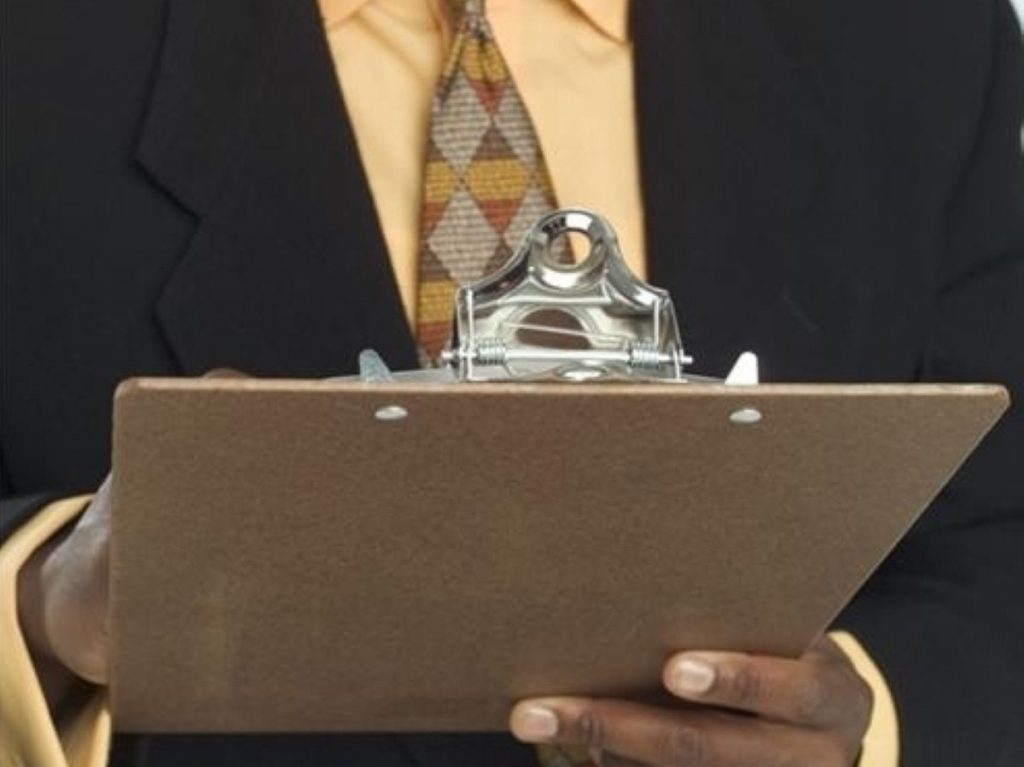Scottish independence referendum: What’s in a question?
Here's a guest post from another politics.co.uk writer, Oliver Hotham, who's been following the ongoing work of the Scottish affairs committee in Westminster…
Every time the Scottish affairs select committee sits to discuss the referendum on independence, chair of the committee Ian Davidson asks those giving evidence: "Do you agree that any question that begins 'do you agree' is a loaded question?"
This is, of course, a reference to the question proposed by the Scottish nationalists. Westminster is determined to come up with a better one – and fast.
The gruelling task has been given to the Scottish affairs select committee, who are questioning a number of academics, researchers, and politicians on the many issues surrounding the referendum.


It may come as a surprise that with a topic whose issues involve defence, allocation of debt, the relationship with the EU, and constitutional status of the United Kingdom, such a seemingly banal aspect is so important and is taking up so much of the committee's time.
But there is a real fear in Westminster that, with a referendum whose ramifications are as important as they are, the question must be fair and balanced and not push the voter towards any particular answer.
How this works out will not just affect this referendum, either, according to Nigel Smith, who chaired the campaign for a Yes vote in the 1997 Scottish devolution referendum. He said it will "create a precedent for how referendum democracy works in Britain – how this works will define how all others work in the future."
So no pressure then.
Giving evidence yesterday, Martin Boon, head of social and government research at ICM research, told MPs about what he calls the "questionnaire problem". This he described as "a psychological issue which arises where the order of the questions move you a particular answer".
Removing the possibility of a multi-choice option means the referendum would have to be between two choices: independence or the status quo. The proposed "devo-max" option, looked at with interest by Scottish nationalists, would be off the table.
The other problem with a multi-choice option, too, according to Smith, would be its indecisive nature.
This was the case, he argued, in last year's referendum in New Zealand on changing the voting system. New Zealanders were asked a number of questions; firstly, whether they would like to change the voting system, and secondly, if it were to change, which would they prefer. The result, Smith argued, was "fair but inconclusive", with the excess of options resulting in confusion among voters.
Other options are being proposed: a ballot with a preamble or a 'tick which statement you most agree with' ballot, but all these options are just as susceptible to bias as any other, it would seem.
All this begs the question: is there really any way the referendum can be totally fair? No matter how the question is framed, there appears to be some way it could appear to be biased.
Politicians in Westminster are all too aware of this. But by exposing the weaknesses of each system, they are arming themselves for the coming battle over what form the all-important question will eventually take.

